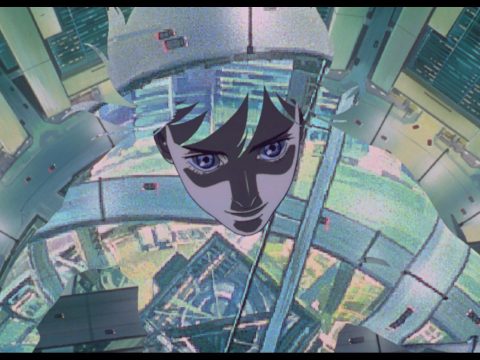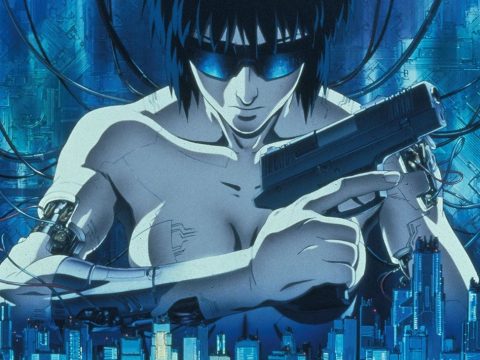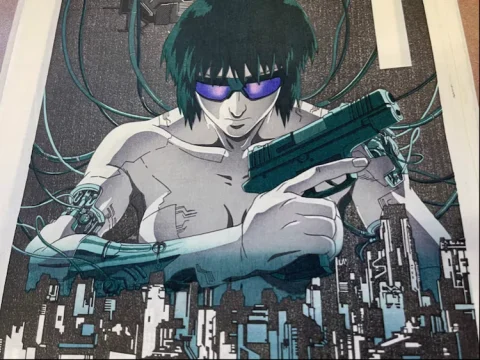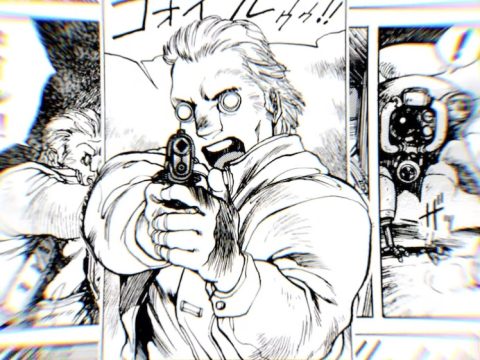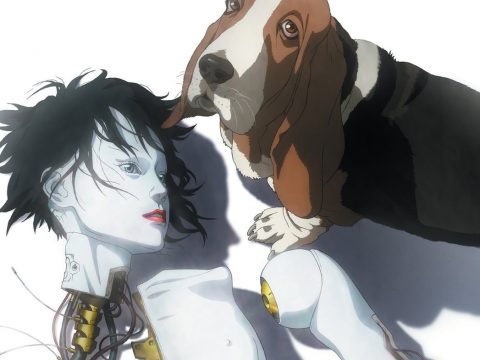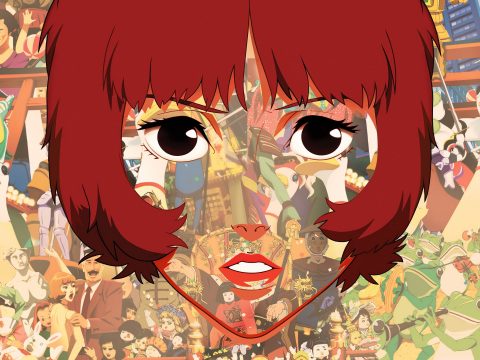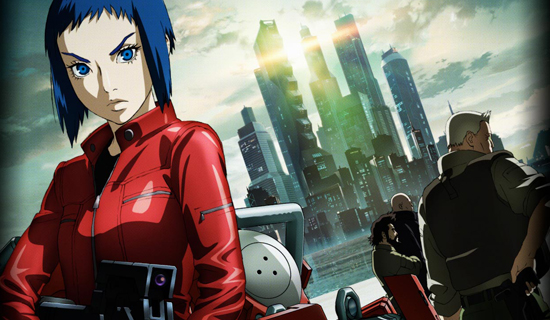
When the first part of this latest Ghost in the Shell reboot was released in the summer, it left the series with a lot to improve on. Happily parading the visual tropes of the series, it unfortunately forgot to actually add any substance of its own. With this second episode, Ghost Whispers, it’s clear that these problems are locked in.
The problems with Ghost Whispers, as with its predecessor, lie firstly in its aimlessness and secondly in its artlessness.
The question that continuously barges to the fore when watching is “Why? Why do you exist?” and it never provides a satisfactory answer. The Mamoru Oshii films foregrounded the director’s interest in the way technology and progress shape our environment and how that environment itself shapes our identity. Both films are deeply infused with philosophical, existential themes and that acts as an anchor, an end to which the story, art and music all work. The Stand Alone Complex TV series draws more from original author Masamune Shirow’s social and political concerns, eschewing Oshii’s more surreal visual excursions in favour of showing how technology interacts with society on a more direct, practical level, but again it acts as the thematic glue that holds the numerous and diverse storylines together in a coherent whole.
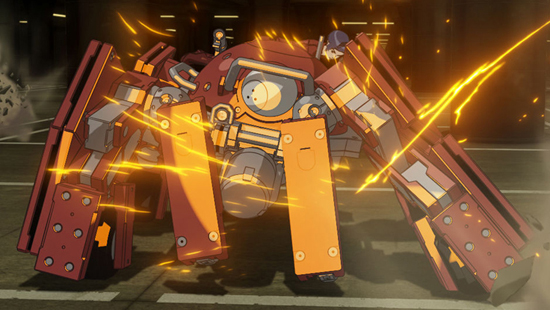
But what is Arise actually about? The background of Ghost Whispers deals with Japanese military involvement in a war in some Central Asian Afghanistan substitute and the possible leak of state secrets. These are both huge hot button topics in Japan today as rightwing Prime Minister Shinzo Abe rushes to amend the pacifist Article 9 of the constitution and rams new secrecy laws through the Diet in the face of massive public opposition, and yet Ghost Whispers does nothing to explore them, seeming far more interested in hopping casually from one half-formed idea to another, a mishmash of costume changes, military equipment fetishism and just a general rush to squeeze in every little context-free reference to the previous iterations of the series, all unmoored by any meaningful sense of what it is trying to say.
And what little it has to say, it says poorly. About 80% of the dialogue is composed of streams of technobabble and exposition, (“techsposition”?) the characters are ill-defined, and the cast is unbalanced. The character of VV behaves in a way far too similar to the Major for them to really play off each other interestingly, while Paz has no personality at all. The real relationship at the heart of Ghost Whispers (and of the franchise as a whole) is that between the Major and Batou, and it is in the few moments the two of them have on screen together that it starts to spark into life a little.
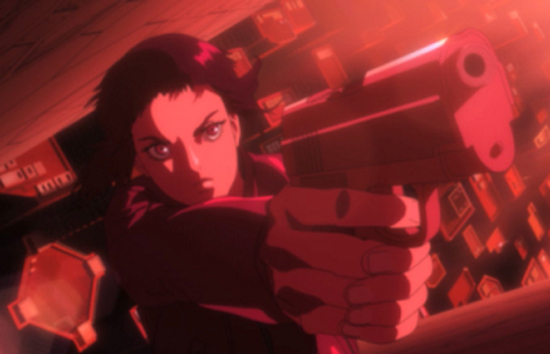
More could be made of the younger Major as well. In the previous films and TV series she has always been a mature woman, albeit one apt to switch between bodies at a moment’s notice, so her younger days are a fertile area to explore, showing her mistakes, her immaturity, and how she grows into the hardened professional we are now familiar with. Instead, Arise has simply put her into red leather and given her a slinky bike like a blue haired Priss Asagiri but left her character fully-formed more or less as we already know it. It’s a missed opportunity to give the series a more all encompassing emotional arc.
In terms of the animation, there are some impressive moments in the action set pieces, but there is still a sort of weightlessness to the characters that renders their actions rather unreal. In Oshii’s 1994 film, the Major’s body is a thing of immense weight and power and the audience feels every exertion she makes, every impact, as a physical thing. In Ghost Whispers, characters’ arms and legs are flying off all over the place, but it lacks the sense of presence, the feeling of every muscle and sinew Oshii imbued his animation with.
Of course if “as good as Mamoru Oshii at his best” were the standard by which all anime were to be judged, that would leave every anime of the past ten years except Redline in the critical dustbin. The music by Cornelius is superb, and a sure sign of his growing into the role of his generation’s Ryuichi Sakamoto, and the production values, while unremarkable, are solid enough. The trouble is that by virtue of being a Ghost in the Shell title, it demands to be judged in the light of its illustrious forbears, and the muddled storyline wrapped around a thematic void leaves Ghost Whispers limp in the claws of mere mediocrity.
This story originally ran in the 12/17/13 issue of the Otaku USA e-News
e-mail newsletter. If you’re not on the mailing list, then you’re reading it late!
Click here to join.


